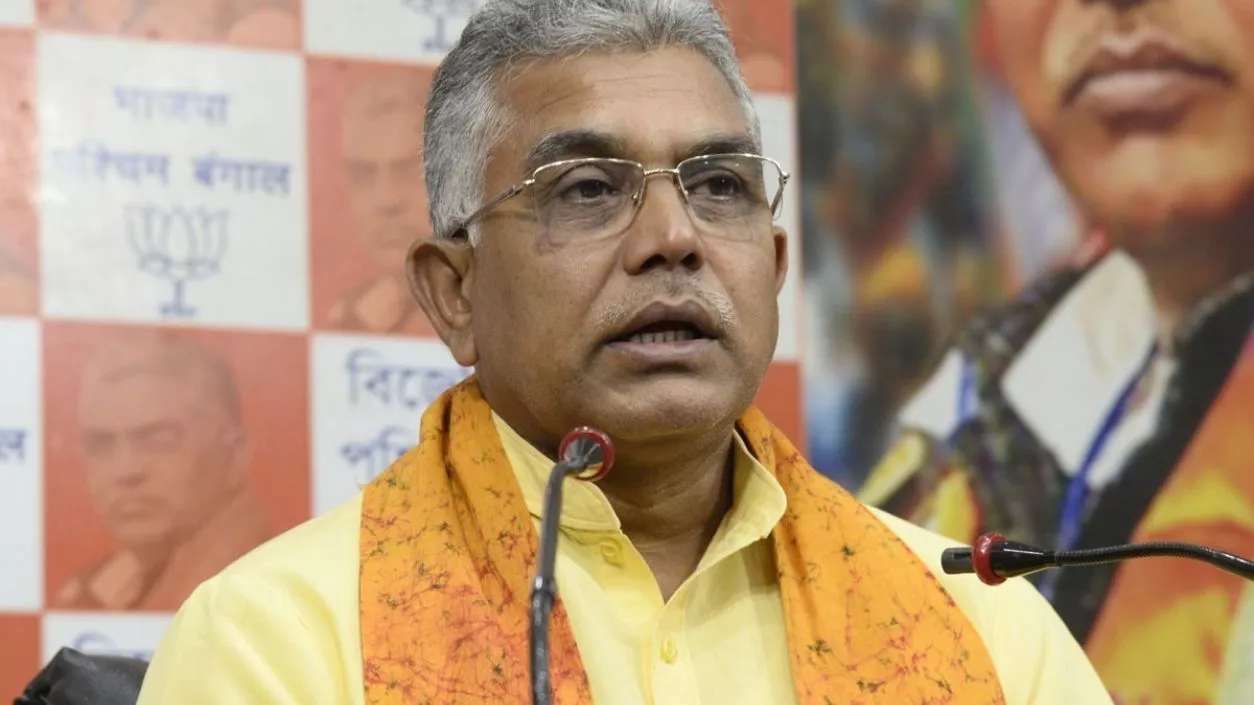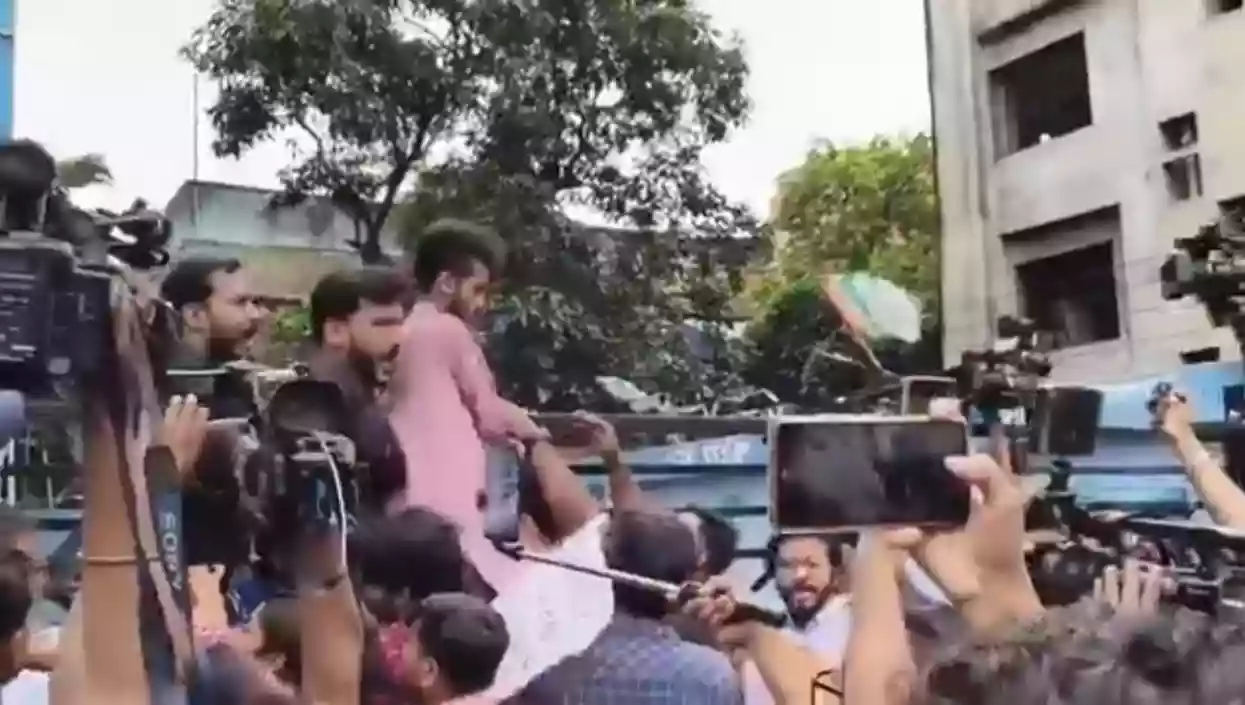Protests erupt outside Kasba Police station as 3 arrested in alleged Kolkata college gang rape
.gif)
.gif)

Dilip Ghosh, the former president of the Bharatiya Janata Party (BJP) in Bengal, recently provided a detailed account of the party’s journey, its organizational structure, leadership challenges, and current struggles. Ghosh, who served as the Bengal BJP chief from 2015 to 2020, led the party during its significant rise in West Bengal, where BJP went from securing just 3 seats in the 2014 Lok Sabha elections to 18 in 2019, and a peak of 77 seats in the 2021 West Bengal Assembly elections. He highlighted the party’s growth trajectory during his tenure, focusing on the efforts made to build the party from the ground up.
Ghosh mentioned that BJP's rise was driven by aggressive expansion strategies and the leadership’s ambitious targets, particularly after the 2019 Lok Sabha elections. Despite the party's growth, Ghosh noted that there were challenges in maintaining momentum and meeting the expectations set by central leadership, which aimed for 200 seats in the 2021 elections. The party's performance in those elections, where it ultimately secured 77 seats, was a significant step forward but did not meet the larger target. Ghosh pointed out that after the 2021 Assembly elections, BJP’s seat count has decreased, with the party winning only 18 seats in the 2022 panchayat elections and 12 seats in recent local body elections. These setbacks were attributed to a combination of factors, including internal organizational issues and political dynamics in Bengal.
When discussing the current situation in the party, Ghosh focused on the challenges posed by leadership changes and the integration of new members. He pointed out that while fresh leaders are joining the party, especially from other political backgrounds, their integration into BJP’s organizational culture remains a challenge. Ghosh emphasized the importance of aligning new leaders with BJP's core values and discipline. He also acknowledged that while the party has brought in external leaders to strengthen its ranks, it is crucial for these leaders to quickly adapt to the party's systems and contribute effectively. Ghosh stated that leaders who perform well and deliver results should be promoted, rather than being sidelined due to internal conflicts or factionalism.
Addressing factionalism within the party, Ghosh strongly rejected any suggestion that it existed during his tenure as BJP Bengal president. He stated that during his time, BJP had no factions, and all party members worked towards a common goal of strengthening the party. He emphasized that he was not the leader of any faction but the leader of the entire party. Ghosh stressed that the focus during his leadership was always on unity and collective effort. However, he acknowledged that in recent times, factionalism has been a concern, with different camps emerging within the party, which could impact its organizational strength and performance.
Ghosh also discussed BJP’s performance in recent elections, stating that the party’s internal changes, including leadership shifts and organizational restructuring, may have contributed to a slower pace of growth. Despite the party’s long-term vision and ambitious electoral targets, Ghosh expressed concern that recent leadership changes have made it difficult for BJP to sustain its previous level of success in Bengal. He pointed out that the shift in leadership and the introduction of new leaders have affected the party’s ability to connect with the grassroots and maintain its organizational discipline.
Finally, Ghosh addressed the ongoing membership drive within the party, which aims to expand BJP’s base in Bengal. He highlighted the need for BJP to ensure that new members are aligned with the party’s values and organizational principles. Ghosh explained that while new members bring fresh ideas, they must also understand and adapt to the party’s system and structure. He stated that those who fail to adjust to BJP’s organizational culture should not be given significant leadership roles, as they could hinder the party's progress. Ghosh’s comments underscored the importance of maintaining discipline and ensuring that all leaders, both old and new, work towards the collective goal of strengthening the party.
.webp)
Muslim family leads 400-year-old Rath Yatra in Howrah symbolising Bengal’s communal harmony

Protests erupt outside Kasba Police station as 3 arrested in alleged Kolkata college gang rape